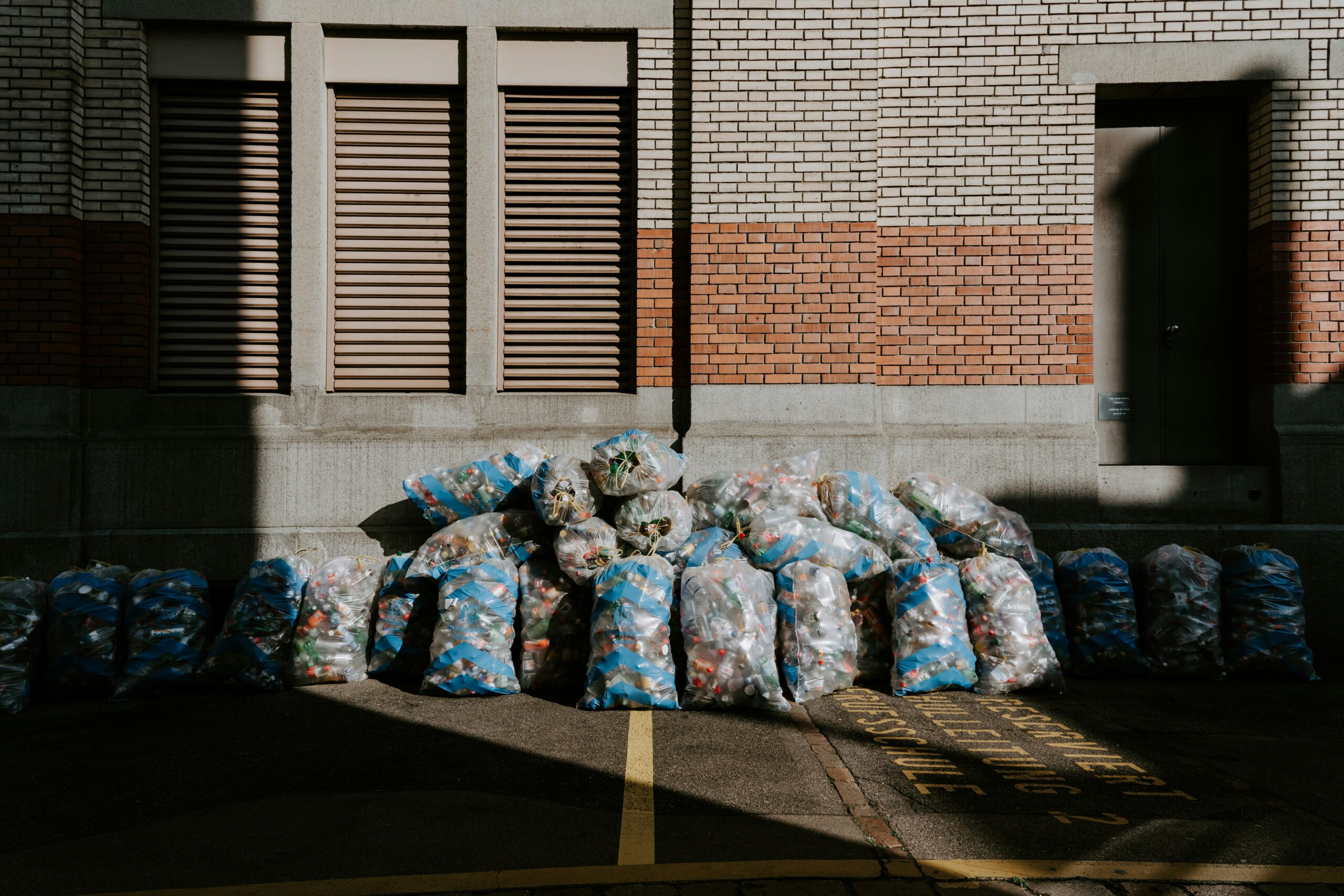
Policy Update
Washington State Passes EPR for Packaging
May 8, 2025
Update (06/09/25): Washington’s Recycling Reform Act (SB 5284) was signed into law on May 17.
Overview
On April 23, Washington State passed the Recycling Reform Act (SB 5284), a bill that would establish a statewide Extended Producer Responsibility (EPR) program for consumer packaging and paper products. The bill aims to boost recycling rates and reduce waste by holding producers financially and operationally accountable for the lifecycle of their products, from design to disposal. If enacted, Washington would join a growing list of states with a statewide EPR program for packaging.
- Why It Matters: The U.S. recycles just 5% of its plastics, with the majority of waste ending up in landfills, incinerators, or the environment. Consumer packaging, which accounts for the largest share of plastic use, is often difficult to recycle and is a major contributor to the waste crisis. Extended Producer Responsibility (EPR) ensures producers of packaging materials assume responsibility for recyclables at the end of their life. By requiring companies to fund the collection, sorting, and processing of packaging and paper products, EPR not only reduces waste but incentivizes the design of more sustainable materials.
Key Components of Washington’s EPR System
Washington’s SB 5284 takes lessons from other states and aims to boost recycling rates, reduce pollution, and support waste systems through a few key features:
- Producer Responsibility: SB 5284 would create an EPR system requiring producers of consumer packaging and paper products to participate in a Producer Responsibility Organization (PRO) that will develop and finance statewide programs to reduce waste from their products.
- PROs Must: Pay annual registration fees, fund and implement programs to promote reuse and refill systems, equitably charge members, submit annual performance reports, provide education, and ensure that materials in curbside bins are recycled.
- Implementation Timeline: Producers of packaging and paper products must join or form a PRO by July 2026, and PROs must submit a draft plan by October 2028. Full EPR program implementation is set for 2030.
- Oversight: The Department of Ecology will oversee plan approvals, enforce compliance, set waste reduction targets, and identify covered materials that can be recycled or composted.
- Performance Targets: The bill mandates performance targets for recycling, composting, and reuse, and requires regular reporting and third-party certification to ensure transparency.
- Expanding Access and Equity: The Department of Ecology estimates that the bill will expand recycling to an additional 500,000 homes, particularly in rural areas and multifamily residences, and increase jobs in the sector by more than 40%. The bill also mandates that an equity study be completed by the end of January 2032.
For more information on Washington’s Recycling Reform Act, the Department of Ecology has a guide on how EPR would work.
Bill Status and Sponsors
Washington’s Recycling Reform Act (SB 5284) has passed the House and Senate, and now awaits the Governor’s signature to be enacted into law. The primary sponsor of the bill is NCEL Member State Senator Liz Lovelett.
National Context: States Advancing Extended Producer Responsibility
EPR programs are gaining momentum nationwide as states look to modernize recycling and reduce packaging waste. In recent years, five states – Maine, Oregon, California, Colorado, and Minnesota – have enacted statewide EPR.
So far in 2025, Maryland has passed EPR for packaging and paper (SB 0901), and Hawaii has passed a needs assessment for EPR for packaging and paper (HB 750). States like Rhode Island, New Jersey, and New York have also introduced robust EPR bills.
Washington joins this national movement by passing a strong and equity-focused EPR system that will reduce waste throughout the state if enacted.
Stay Informed on State Policy With NCEL
Stay up to date on trends in EPR and plastic pollution policy across the country this year with NCEL’s Bill Tracking Map.